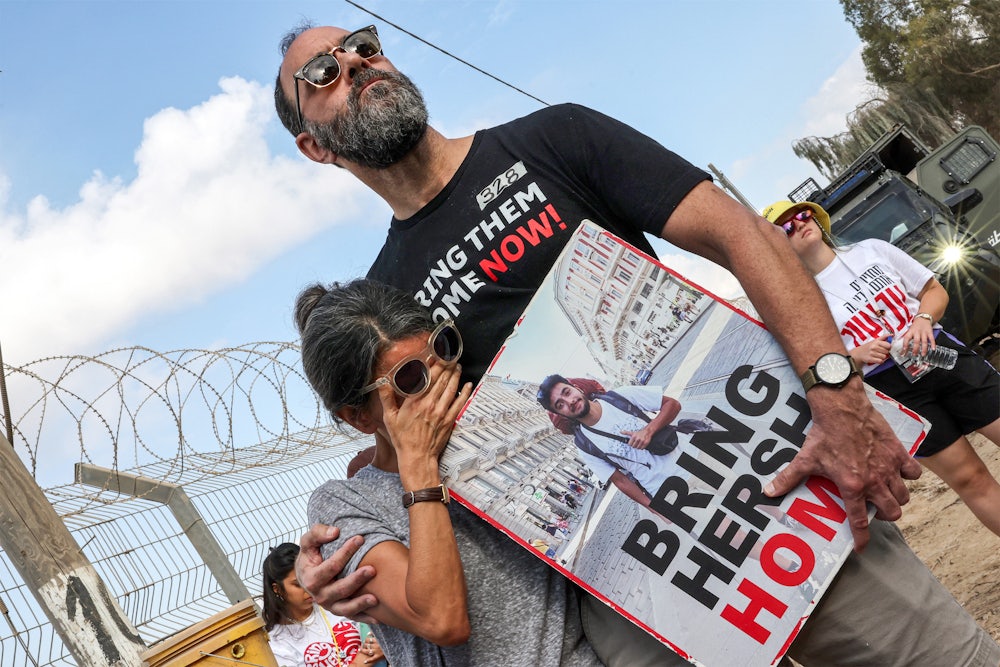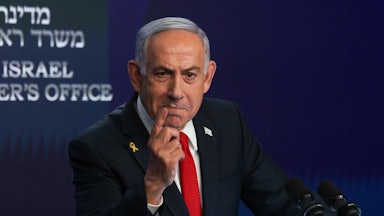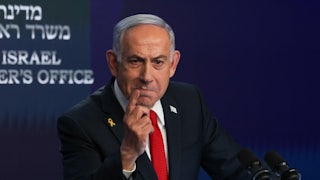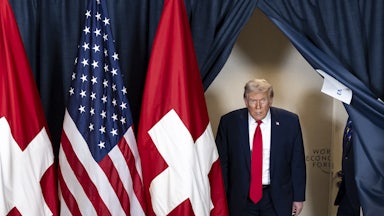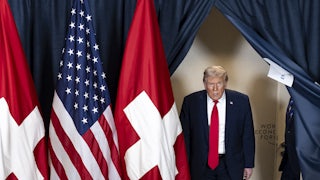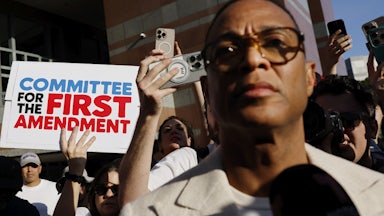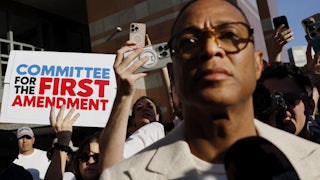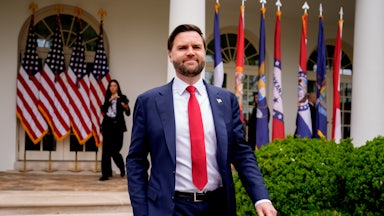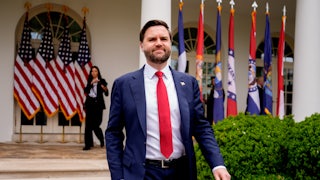“Bring Hersh home now,” say big white letters on a red banner, hanging on a building on my Jerusalem street. It’s one of many banners in my neighborhood, where Hersh Goldberg-Polin grew up.
I walk down the street two hours after the early morning news flash that Hersh and five other Israeli hostages were murdered by their Hamas captors in a tunnel under Gaza. I am trying to remember how to breathe, and how to weep, how not to be numb.
Hersh has come home. In a body bag.
It’s 9:00 in the morning on Sunday. Joe Biden has issued a statement of condemnation and consolation, focused on Hersh, who was a dual U.S.-Israeli citizen. Kamala Harris has issued a statement. By 9:15 Benjamin Netanyahu’s office’s only statement is that he has cancelled his ceremonial appearance at a classroom to mark the start of the school year. Frankly, this is not a good morning for the prime minister to fake his love for the children of Israel.
(It will take nearly two hours more for Netanyahu to produce words about the hostages’ deaths. His statement will be militant. As usual, it will include no acknowledgment of error or responsibility on his part.)
As of yet, news bulletins are not clear on precisely when Hamas operatives murdered the six Israelis, though reports indicate it was sometime Friday. Was it before or after the pre-dawn meeting of the Israeli security cabinet that day? According to multiple reports, based on unnamed sources, Defense Minister Yoav Gallant confronted Netanyahu at that meeting. The prime minister called for a vote affirming that come what may, Israel would keep control of the Philadelphi route, the corridor in Gaza along the border with Egypt. The military chief of staff and the head of the Mossad intelligence agency reportedly opposed the decision. Gallant said insisting on this condition could end the negotiations with Hamas on a hostage deal—and doom the captives still alive in Hamas hands.
“The prime minister can reach any decision [he wants]. And he can also decide to execute all the hostages,” Gallant reportedly said. Netanyahu called for a vote. Only Gallant voted no.
According to another leak, at least three of the murdered hostages were on the list of those to be released first as part of the hostage-ceasefire agreement that has been on the table for many weeks. One of them was Hersh, prioritized because he lost a hand in the Hamas attack on October 7. So a “senior Israeli source” - or multiple sources - familiar with the details of the talks told Israeli media. The leaks were only the latest indication that Netanyahu had stalled the talks by stiffening Israeli conditions. Gallant clearly shares that view. His first statement after the deaths called for the security cabinet to reconvene and reverse its decision on the Philadelphi route.
Here’s the essence: Hamas killed six more Israeli captives. Netanyahu abandoned them.
Why has Netanyahu foiled a deal? The most common hypothesis among Israelis, it seems, is that he wants the war to continue because the public pressure for him to resign, or call elections, will increase dramatically when the shooting ends, reservists come home, and the bodies of more hostages are returned for burial. This is a logical explanation. But the truth is that we don’t know what’s going on in Netanyahu’s mind. He may truly believe he will achieve the “absolute victory” over Hamas that he has promised. He may believe that Israel can and should occupy Gaza permanently.
What’s certain are two facts: that saving hostages is not his priority, and that they keep dying.
Philosophically, discussed in a seminar room, there’s reason to reject any hostage deal: Pay ransom, and you encourage more kidnappings. Outside the seminar room, a different reasoning applies: The force that holds Israeli society together, stronger than any known to physics, is that we are all in this together. This is deeper than Zionism or any other ideology. The Israeli social contract is not that individuals have a right to life, liberty, and the pursuit of happiness. The social contract is that we all have an obligation to each other. It’s the reason that a stranger can drop her toddler in your lap on a bus while she taps her payment card. It’s the reason that the original administrative plan for the state, written before independence, assumed that the state had to provide health care for its citizens.
The state is an instrument for fulfilling the contract—or is supposed to be.
Throughout his long career, Netanyahu has gained and kept power by dividing us, by eroding solidarity. His obstinance in the hostage negotiations, however, is his most egregious violation of the Israeli social pact. This is unforgivable.
He could have brought Hersh home, and he didn’t.
